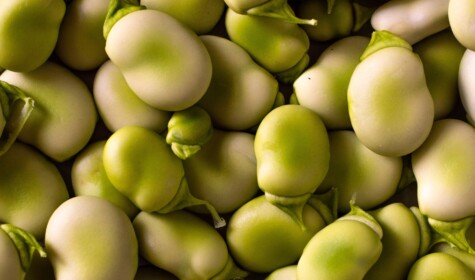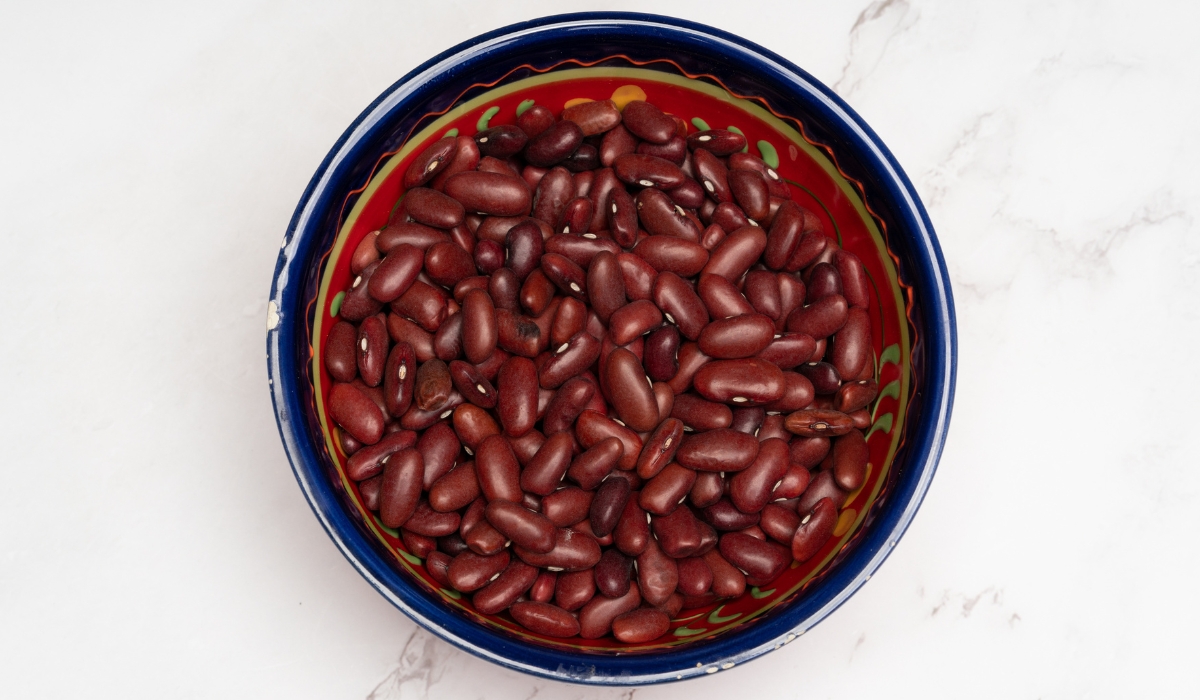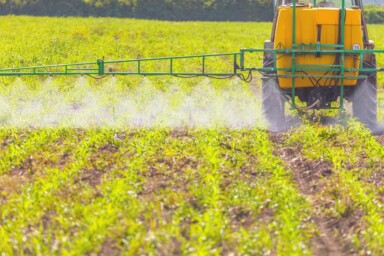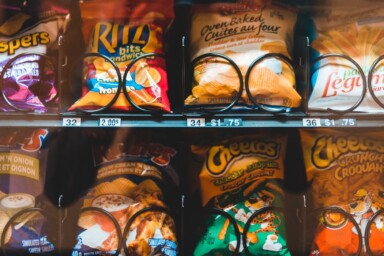Beans have been cultivated across the globe for thousands of years and continue to form an essential part of healthy diets and agricultural incomes in many regions of the world. But in the UK, they’re rarely viewed as a food to get excited about. Now a global campaign is on a mission to transform the health of humans and the planet by getting beans into the fields and onto the menu in the UK and beyond. So why aren’t we already feasting on beans in Britain and is the legume ready for superfood status?
The snappily named Beans is How campaign is an initiative designed to help meet the second of the UN’s 17 Sustainable Development Goals: to “end hunger, achieve food security and improve nutrition, and promote sustainable agriculture by 2030”. The campaign by the SDG2 Advocacy Hub identifies beans as a key ingredient for successfully achieving this goal and has the ambitious aim of doubling global consumption by 2028, working to make beans “visible, desirable and available”.
On the surface beans should be an easy sell. From a consumer perspective, they’re highly nutritious (a great source of protein, dietary fibre, amino acids and micronutrients), relatively low cost, readily available and have a long shelf-life. In our farming systems, they play a key role in regenerative crop rotations: breaking pest and weed cycles, fixing nitrogen in the soil and creating fertile ground for the crops that follow them.
Yet in the UK the average shopper buys just 30g of canned beans and pulses per week, well below the average global consumption of 21g per day. Consumption in Europe as a whole is also low at 7g per day compared to 33g in South Asia and 34g in Latin America and the Caribbean, but a disinclination to eat beans is nothing new in Europe. Back in the 6th century BC, the Greek philosopher Pythagoras is said to have held a deep mistrust of fava beans, believing them to contain the souls of the dead and discouraging his followers from eating them.
Nowadays, beans are feared less as a window into the afterlife and more for their aftereffects… The butt of many classroom jokes, beans commonly contain oligosaccharides, a slowly digesting carbohydrate that can cause gas and bloating, particularly amongst those suffering from digestive conditions such as IBS.
However, there is hope for those living in fear of bean-induced discomfort and embarrassment: by adding beans to your diet very gradually, rinsing canned beans well and soaking dried beans overnight, you should be able to increase their digestibility. It is worth noting that, for some people, this does not hold true when it comes to the fava bean (broad beans). ‘Favism’ is a condition caused by an enzyme deficiency that affects more than 400 million people worldwide, with fava beans being the only type of food that commonly causes attacks. Those affected by the condition, who may well agree with Pythagoras’ condemnation of the fava, can typically eat other bean-types without risk.
There is, of course, one kind of beans of which the British public are famously fond. According to the BBC, more than two million tins of baked beans are eaten each day and we are the world’s top consumers. The problem with our enduring love of beans in tomato sauce (aside from the salt and sugar content) is that the haricot beans used to make them are all grown abroad, often in Ethiopia and the US. This means that the millions of cans we consume bring with them a sizeable carbon footprint.









